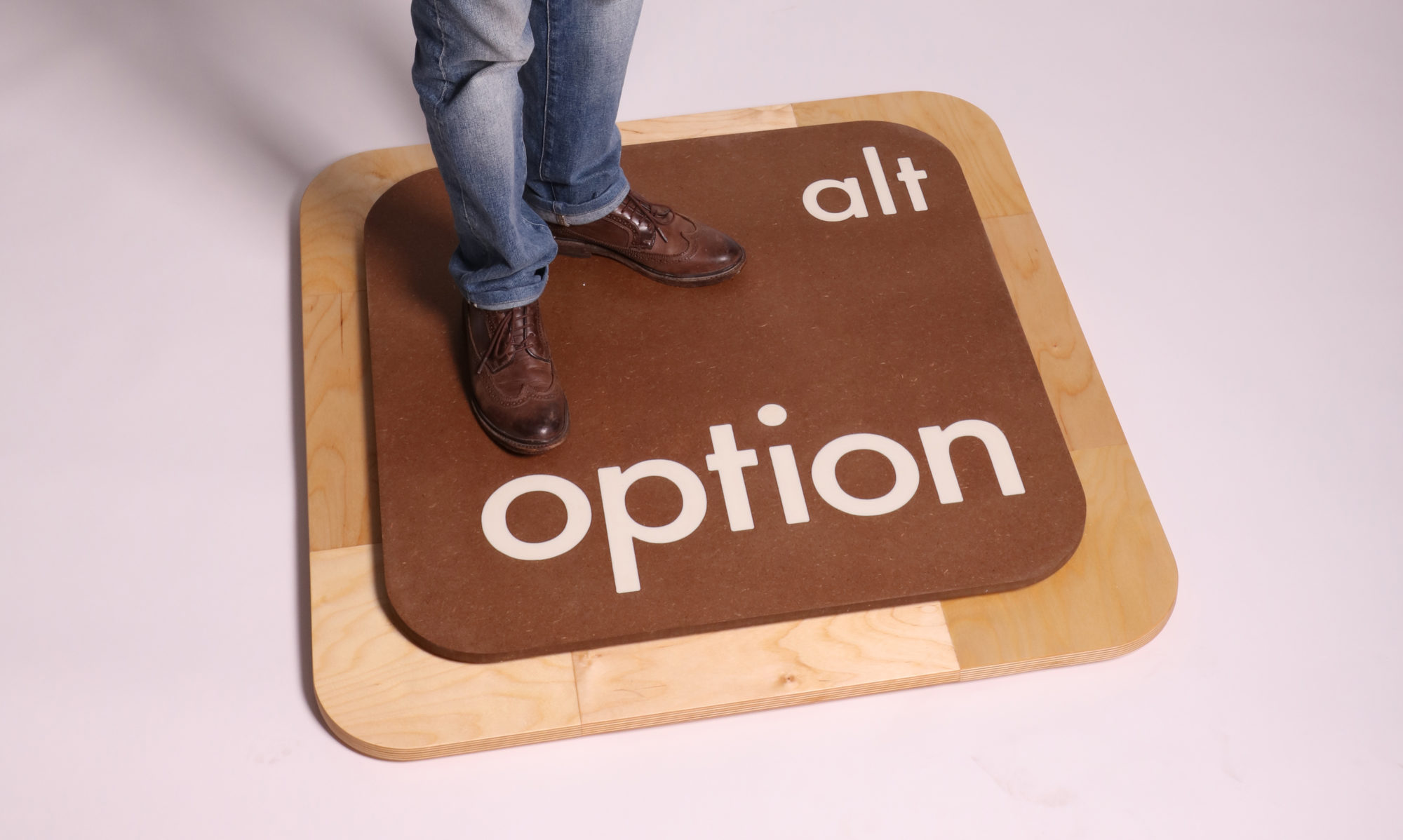What are the issues Ian Bogost raises about social games with Cow Clicker?
Ian Bogost critiques social games like Cow Clicker for several issues:
Enframing: Social games reduce friends and social interactions to mere resources to be exploited for in-game progress, rather than fostering genuine connections.
Compulsion: These games create addictive, repetitive behavior, drawing players back through manipulative design that exploits human psychology, much like slot machines. (boo gambling)
Optionalism: Social games often make gameplay optional and shallow, with actions that can be skipped by spending money, removing meaningful player effort.
Destroyed Time: Social games invade players’ time even when they’re not playing, creating anxiety about missed rewards and fostering a sense of constant obligation.
How do social games like FarmVille enframe friends?
Enframing refers to how the game treats friends not as people but as resources that players can use to advance in the game. (Don’t worry, I also had to look it up.) One example of this is as follows:
Externalizing Social Value: Rather than interacting with friends in ways that build genuine relationships, the game turns these interactions into transactions—asking friends for in-game help, sending virtual gifts, or recruiting them to join the game.
How do social games destroy time outside of the game?
Social games like FarmVille destroy time outside the game by creating a sense of obligation that lingers even when players aren’t actively playing. Some examples of this include:
Obligation to Return: Since social games are built around timers and rewards, players feel like they have unfinished business, leading them to think about the game when they should be focusing on other activities. It’s not just about the time spent playing but the time spent thinking about or planning when to play.
Interrupting Daily Life: The game’s mechanics make players feel like they need to constantly check in, and this can take away from time spent on more meaningful or productive tasks as they prioritize the game to avoid feeling guilty about missing out.

The enframing friends question is interesting to me, because as a player of social games in the past, you don’t often think about how your friends are just being used as resources for you and the game developer. It makes you think about certain games a little bit differently.